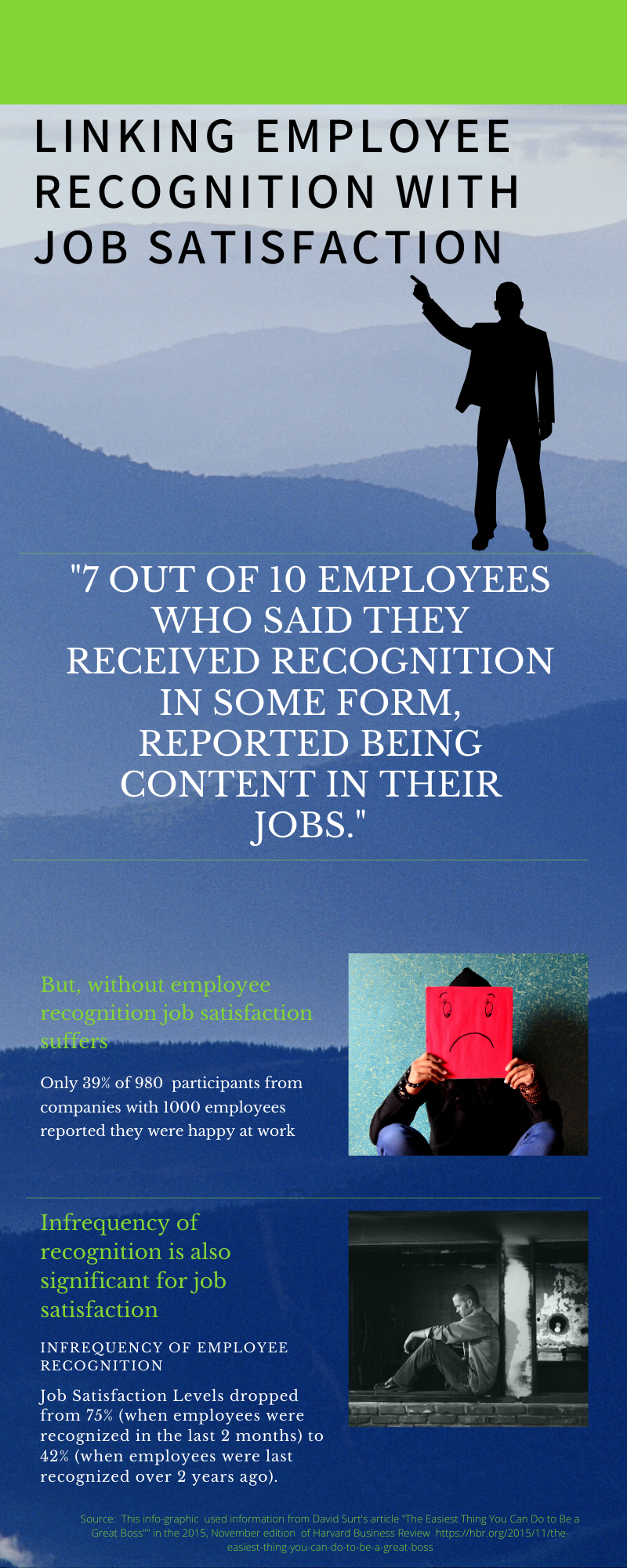As an employee, it is sometimes difficult to know if you are doing your job well. At the same time, no employee can expect to receive a daily stream of instant messages with positive feedback. When we do get praise, it resonates with us powerfully. Why is that?
Kerrie-Anne Chinn writing for Go1.com says that when employees receive praise or recognition for a project or make a sale, they get an immediate injection of positivity.
Is there a biological basis for this positivity?
What is happening neurologically? Neuroscientist, Alex Korb says that emotions of appreciation or gratitude stimulate certain areas of the brain. When employees receive praise for something small or big, it generates an increased amount of dopamine in the part of the brain called the hypothalamus, the part of the brain associated with eating, sleeping, and metabolism. Dopamine is a type of ‘reward neurotransmitter’ because it increases motivation and positive emotions.
As applied to work, we can see how being appreciated impacts our happiness, wellbeing, both in the present and in the long term.
In the corporate world, there is proof that employee satisfaction and engagement plays a central role in performance and productivity.
Why is employee recognition so important for employee engagement?
David Surt writing for the Harvard Business Review says a hand-written note from a boss or receiving awards at a company meeting positively affects employee engagement. To prove this theory, Surt and his team conducted studies involving almost 3,500 employees.
In the first study, Surt surveyed 2,415 employees in 10 countries, speaking 7 languages. Results demonstrated a significant relationship “between loyalty and employee acknowledgment.” Among the 512 US employees who said their organization has strong recognition practices, 87% felt they had a good relationship with their direct supervisor.
Results showed employee satisfaction decreased by 51% when there were fewer practices in place that recognized employee contributions. This confirms Surt’s findings that the frequency of acknowledgment is significant.
Additional results from Surt and his team’s study showed employees who received some type of praise more than once a month, 82% said they have a strong bond with management. When that recognition is less than once a month, only 63% felt a bond with their supervisor.
Employee recognition and employee satisfaction
In a later study, involving 980 participants from companies with more than 1,000 employees, David Surt and his team identified a strong correlation between employee recognition and job satisfaction. As much as 7 out of 10 employees who said they received some type of recognition from managers, reported being content with their jobs.
The findings also suggested there was lower job satisfaction when there was a lack of acknowledgment, “with just 39%…” reporting they were happy at work. In this study, the frequency of recognition was a major factor. Among employees acknowledged for their contribution, 80% felt content at work.
- When employees are less frequently recognized, 75% said they felt satisfied (acknowledged in the past 1-2 months)
- 69% in the past 6-12 months
- 51% in the past 1-2 years
- 42% (over 2 years ago)

Employee recognition in healthcare
Healthcare is among the fastest-growing industries employing a very large workforce. Healthcare faces human capital problems, labor shortages, and high rates of turnover. The cost of replacing employees is also rising. Turnover rates vary according to location, size of hospital, and other variables.
According to “The 2019 National Health Care Retention & RN Staffing Report,” hospital turnover is on the rise. The report shows that “since 2014, the average hospital turned over 87.8% of its workforce.” Hospitals with increasing turnovers typically experience financial pressure and a loss of patient and employee satisfaction.
One solution for hospitals is to improve workplace culture by implementing a strategic recognition program, one that supports the hospital’s values and objectives.
There is significant evidence that employee recognition programs have a positive influence on employee experience and turnover, as well as enhancing patient experience and outcomes.
Research shows that there is a strong relationship between employee acknowledgment and patient satisfaction. Studies by both Gallup and Towers-Watson cited in online-rewards.com, indicate “that engaged employees score 10% higher on HCAHPS (patient satisfaction) surveys.” An earlier Joint Commission on Accreditation of Healthcare Organizations study strengthens this finding, identifying “a direct correlation between patient satisfaction and morale.”

Designing a recognition program that brings positive results
An effective employee recognition program can vary according to the healthcare organization’s culture, and its technological and operational capabilities. Common elements to all programs combine feedback, recognition, and appreciation. The different components of an initiative may include:
- Peer Recognition
- Performance Awards
- Special Accolades
- Years of Service
Some health systems are adding features such as:
- Shift Incentives
- Employee Referral Rewards
- Safety Awards
- Wellness Awards
A recognition program in action
Large health systems’ in Western Texas and Eastern New Mexico, have implemented a comprehensive recognition program. The goal of this initiative was to increase employee satisfaction, decrease turnover and enhance public perception.
The program offers employees the opportunity to achieve recognition points for creating preventative healthcare schemes such as weight loss challenges, wellness screening, and others. Thus far, this program has been successful in boosting employees’ involvement and engagement.

The growing importance of recognizing your employees
Employee recognition is so much more than complimenting a member of your staff. Feeling appreciated affects employee’s motivation and the way they feel about the organization. No one expects a constant stream of praise, but they should expect to feel like what they do matters. Any form of positive recognition generates dopamine, affecting stress levels and motivation.
There are other reasons why feeling acknowledged is important, it impacts how employees connect to their supervisors and whether they will stay with an organization or move on to the next opportunity.
Healthcare is one of the largest and fastest-growing sectors, with this comes increased human capital issues. Research shows that turnovers are accelerating because professionals do not feel valued. Healthcare environments such as hospitals are inherently stressful, so why not implement recognition programs that engage staff?
Fortunately, some organizations are doing just that. Among the examples is the recognition program initiated by a health system in Western Texas. They started their program with goals they wanted to meet such as reducing turnover, increasing engagement, and improving public perception. They found that by involving employees in healthcare initiatives strengthened their sense of being part of the present and future of a thriving organization.
The post Can employee recognition boost a company’s performance? appeared first on Merraine.

